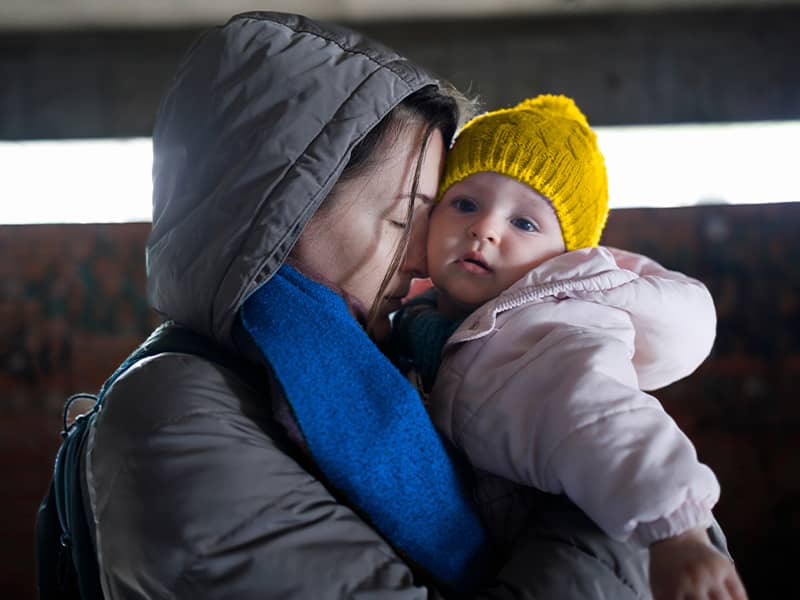Researchers from the non-profit Alan Guttmacher Institute in New York and Washington, D.C., conclude that emergency contraceptive pills may have accounted for as much as 43 percent of the decline in abortions from 1994 to 2000. In 2000, 1.3 million abortions were performed, 110,000 fewer than in 1994.
Morning-after pills are basically high doses of oral contraceptives that prevent ovulation, fertilization or implantation of a fertilized egg. There are two brands on the U.S. market: Preven and Plan B.
The study's authors surveyed a nationally representative sample of 10,683 women who had had abortions in 2000-2001. Nearly half said they had not used birth control in the month they conceived. A third of that group said they thought their risk of pregnancy was low, and another third said they were concerned about contraceptive safety. "Fear of side effects was present among women who had never used contraception," lead author Rachel Jones says. The study appears in the current issue of Perspectives on Sexual and Reproductive Health.
In 2000, 1.3 percent of women who had abortions--a total of 17,000--reported taking emergency contraceptives to prevent the pregnancy, the study found.
Emergency contraceptives made up of a combination of hormones, such as Preven, are thought to fail in about one of four cases. So the Guttmacher researchers estimate that morning-after pills in 2000 prevented 51,000 pregnancies that would have ended in abortion. Plan B, which contains only the hormone levonorgestrel, appears to be even more effective.
The study is "a call to action to spread the word about emergency contraception," says Vanessa Cullins of Planned Parenthood Federation of America.
Advocates say a major obstacle to wider use of emergency contraception--most effective if taken within 24 hours of unprotected sex--is that it is available only with a doctor's prescription in most states. In Washington, California and Alaska, though, pharmacists can prescribe the pills, and their colleagues in New Mexico are expected to join them soon.
Although emergency contraception has supporters on both sides of the abortion debate, opponents say it causes, rather than prevents, abortions. Catholics for a Free Choice reported last week that only 5 percent of emergency departments in U.S. Catholic hospitals provided the pills upon request. Another 23 percent provide emergency contraception only to rape victims.
Sharon Camp of the Women's Capital Corp., maker of Plan B, says her company expects to apply to the Food and Drug Administration by February for permission to make it an over-the-counter product.

